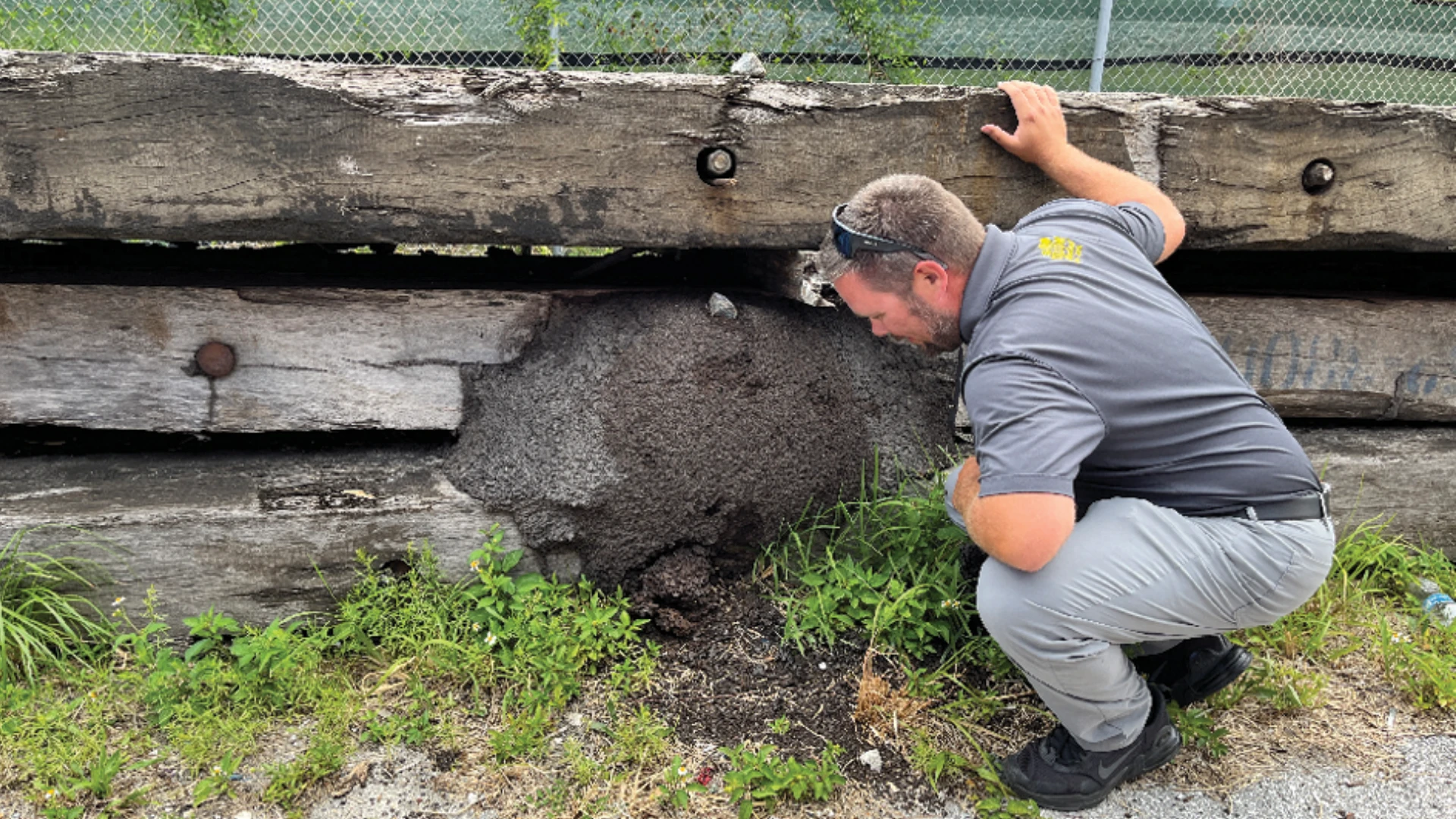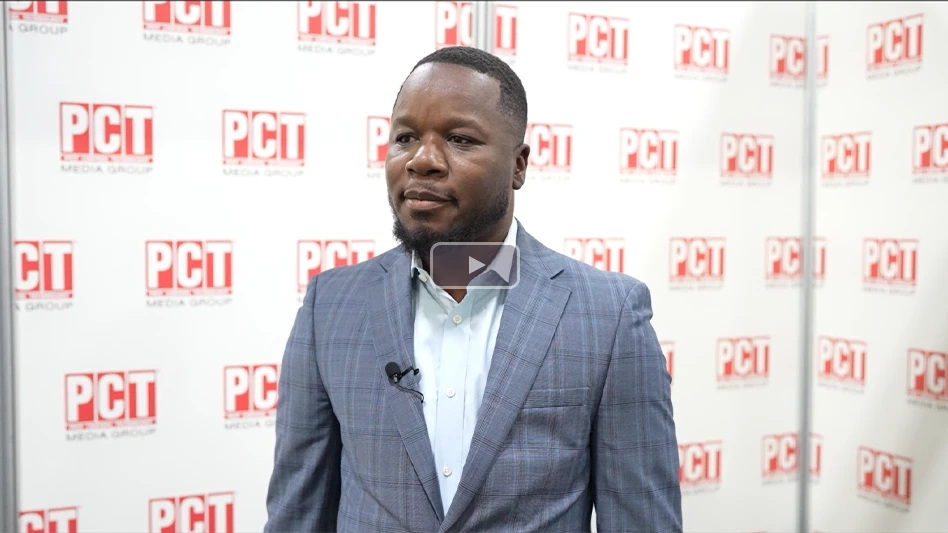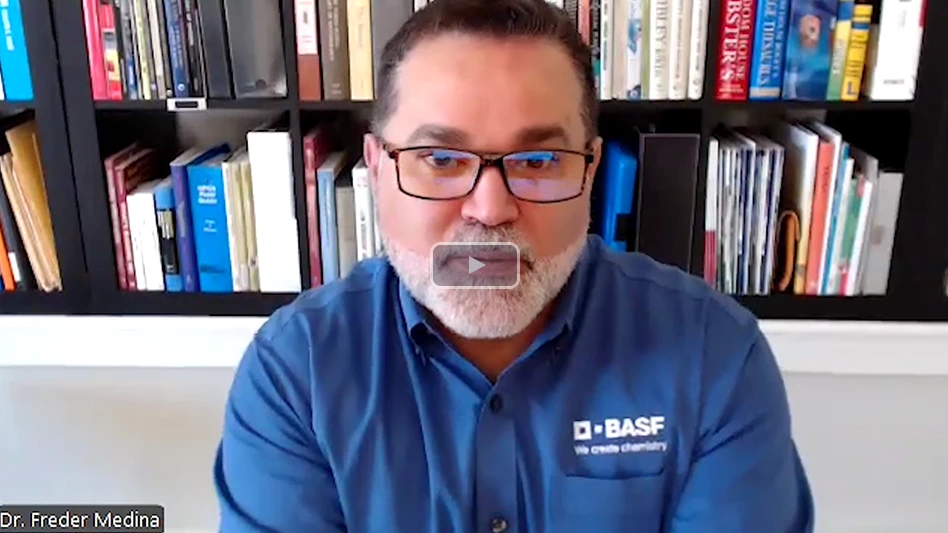Over the past several months you may have read about the increase in employee lawsuits seeking overtime pay and back wages. These types of claims represent a significant liability to employers and are on the rise around the country and across industry lines.
Many employers with good intentions find themselves caught in the trap of noncompliance with the regulations after having misinterpreted the narrow definitions related to overtime exemptions.
Although wage and hour laws date back to the 1930s and seem inappropriate to today’s work environment, they are passionately enforced by government agents and readily invoked by plaintiff’s attorneys. Unfortunately, until Congress passes legislation to update the Department of Labor’s archaic wage requirements, employers are forced to comply or, in many cases, pay the price.
At a recent industry conference, I presented a session that addressed the most common myths associated with U.S. Department of Labor, Wage and Hour Division regulations. The session generated a flood of calls and questions to our office from PCOs around the country. Many of these well-intentioned owners had designed their own pay plans including bonuses, commissions and salaries. Were they creative? Yes…very. In fact, I applauded many callers on their inventive abilities. Were they compliant? No, unfortunately not. (The good news, however, was that these employers learned how to reduce their liabilities and did so.)
Based upon the responses from this session and the recent surge in investigations across the nation, I felt it was time for a wage and hour "refresher course." To keep it simple, I’ll share some of the more common industry liabilities. This list is based on my experience over the years representing PCOs in Department of Labor, Wage and Hour audits.
COMMON MISTAKES. In most cases, noncompliance in the pest control industry relates to one of the following five myths, all of which are false:
1. Simply paying someone a salary exempts him or her from receiving overtime. A salary alone does not automatically exempt an individual from overtime. The position must first qualify for a bona fide overtime exemption.
There are four popular "White Collar" exemptions from overtime — the executive, administrative, professional and outside sales. In addition to paying a salary, qualification of each is based primarily on the duties the individual performs. More than 50 percent of the employee’s work time during the week must be spent performing duties that meet the standards outlined in the regulations. Contrary to popular belief, these "tests" are not easy to meet.
2. Any employee who receives pay, in total or in part, by commissions is automatically exempt from overtime and does not need to keep a time record. Employees who do not qualify for an overtime exemption (based primarily on job duties), commissions or no commissions, must maintain a record of their hours worked. The method of pay does not determine the overtime exemption status! If a position is nonexempt from overtime, the employee must maintain a time record. Also — to clarify a common misconception in the industry — the federal Fair Labor Standards Act contains a special overtime exemption for commission-paid employees, commonly referred to as the "7(i) exemption" because of its location in the statute. This exemption may be used by a PCO if the particular state labor agency allows it and if the employer qualifies. Although employees who qualify for use of the"7(i) exemption" are paid primarily by commissions, they must still maintain a true, accurate and daily record of their hours worked.
3. Employers can deduct from the wages of employees in any amount, at any time, for any reason. Many state wage and hour regulations prohibit employers from making deductions from employees’ pay for cash losses, breakages, uniforms and others (insurance and taxes are, of course, always acceptable deductions).
Furthermore, if a given state does allow a deduction, there may be rules pertaining to the amount and timing. Also, regardless of any state provisions, federal regulations require employers to pay employees at least the minimum wage (currently $5.15) for all hours worked. This means that deductions for uniforms, losses and the like cannot ever reduce an employee’s wages below $5.15 per hour.
4. Non-discretionary bonuses do not have to be included in overtime for nonexempt employees. This is one of those "I can’t believe that" requirements. Essentially, if you pay a non-discretionary bonus or commissions to an employee who is classified as nonexempt from overtime (i.e., one that must receive overtime), then you must include the bonus or commission earnings in the regular wages before calculating overtime. In other words, the bonus or commission effectively raises the hourly rate and, thus, the overtime rate. This requirement applies to non-discretionary bonuses and commissions — the type where the bonus/commission program and/or amount available is know by the employee. Surprise bonuses that are completely at the discretion of the owner or manager are not included. (Note: A current bill in Congress, if passed, would eliminate the requirement to pay overtime on non-discretionary bonuses and commissions.)
5. It is permissible to grant time off in a future workweek in lieu of receiving overtime. Commonly referred to as "comp time" (compensatory time off), this practice is not allowed for use by private businesses. (It is allowed for use in the public sector — i.e., schools, government agencies, etc.) For those of us in private business, each workweek (seven day period) stands alone for the purpose of calculating and paying overtime. This means, according to the federal regulations, overtime must be paid on all hours worked over 40 for nonexempt positions. Some states like California have more stringent overtime regulations that, for example, call for overtime after eight hours per day. Regardless of the state, however, the overtime cannot be substituted for time off in a future workweek. (Note: A current bill in Congress, if passed, would allow for the use of compensatory time off.)
REDUCING LIABILITIES. The purpose in sharing these myths is not to confuse you or to generate another slew of calls (although we’re certainly happy to help resolve pay issues). Rather, it is to raise the level of the structural pest control industry’s knowledge pertaining to wage and hour requirements. No business, regardless of size, should create a pay plan without the advice of a trained professional. Pay is one of those issues that evokes all sorts of emotions in people (especially the ones receiving it) and cuts across legal, motivational, budgetary, productivity, profit and loss, IRS and discriminatory lines.
The best way to reduce your exposure is to arrange for a bi-annual (or more often, if necessary) comprehensive wage and hour compliance audit by a professional who is "on your side." A proper audit will include a review of your payroll records; compensation plans; bonus programs; overtime exemption classifications; time records; equal pay compliance; and practices related to pay deductions, final pay, meal breaks, uniforms, homework, travel time, training time and others. All of these practices should be considered with regard to both federal and state wage and hour regulations and enforcement practices.
When it comes to compliance with wage and hour laws, the best advice is: Get advice! Don’t guess, don’t assume, don’t get creative and don’t risk it without guidance from a professional. It’s not worth it — unless, of course, your business makes too much money, you enjoy legal battles or you budgeted for back-wages.
The author is president of Seawright & Associates Inc., a management consulting firm located in Winter Park, Fla. She can be contacted at 407/645-2433 or via e-mail at jseawright@pctonline.com.

Explore the October 2002 Issue
Check out more from this issue and find your next story to read.
Latest from Pest Control Technology
- The Evolving World of Electronic Rodent Monitoring
- Back-to-basics Approach for Cockroach Control
- PPMA Encourages PMPs to Take Part in Termite Awareness Week
- Moneypenny is a Provider of Virtual Receptionists
- Video: Top 10 PCT Photo Contest Finalists
- Massey Services Expands with Southeast Commercial Region
- Pest Management Foundation Announces Kevin J. Burns Scholarship
- How to Identify Clover Mites





